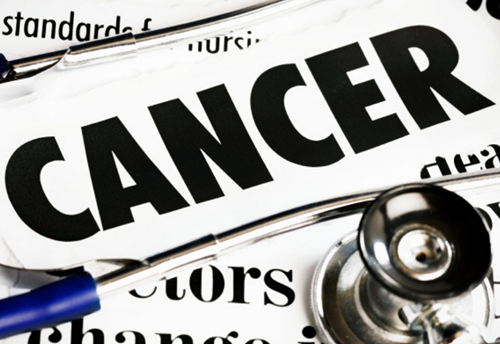|
Week 1
14 September, 9.30am to 12.30pm
|
An Introduction to the course: Course Objectives, Expectations and Tasks
Session 1
Themes: What is Cancer? – types, incidence, presentation, aetiology, investigations, and diagnosis. The role of the Multi-Disciplinary Team. 2. Implications for therapists
Task 1
Utilising the Task Sheet 1 questions reflect on the role of therapist in supporting a patient to 1. Seek medical advice because of a symptom(s) Or 2. Make a health/wellbeing change e.g., stopping smoking, exercise, reducing alcohol etc
|
|
Week 2
21 September, 9.30am to 12.30pm
|
Session 2
Theme 1: Treatment(s) – Surgery, radiotherapy including radio-surgery, Systemic Anti-Cancer Therapy (SACT) including cytotoxic chemotherapy, hormonal, and immunological therapies and palliative care.
Theme 2: Treatment related short to medium side-effects e.g., nausea and vomiting, mucositis, procedural/treatment related anxiety and panic.
Task 2
Select a cancer diagnosis e.g., Breast, Prostate, Bowel etc, identify possible key treatment concerns/challenges for a patient or carer using the ‘Concerns Checklist’ provided – utilise online resources or/and patients or family/friend recent experience to inform the activity (anonymous)
|
|
Week 3
28 September, 9.30am to 12.30pm
|
Session 3
Theme 1: Oncological emergencies at diagnosis and as a result of disease progression e.g., Metastatic Spinal Cord Compression, Neutropenic sepsis, Supra Vena Caval Obstruction, Hypercalcaemia
Theme 2: Longer-terms side-effects 2. Metastatic disease and complications e.g., spinal cord compression
Theme 3. SYMPTOM Model: implication for therapists
Task 3
Utilising the ‘SYMPTOM Model’ – identify a longer-term symptom – investigate websites and recommended online resources to complete an assessment with a current anonymous client (can be experience of the symptom and not necessarily a cancer diagnosis – can be a friend /family member) using the key question suggested for therapist
Course Evaluation Form will be sent and completed online. All tasks and evaluation form to be completed and submitted by 20 October 2023 – a signed certificate will then be issued.
Please note there maybe adjustments made to the programme to ensure course objectives are met for online delivery
|

